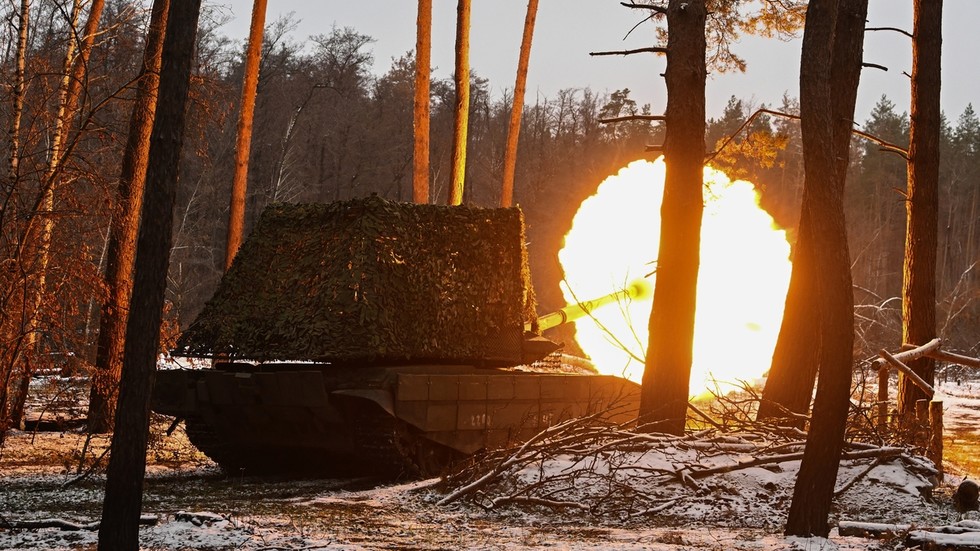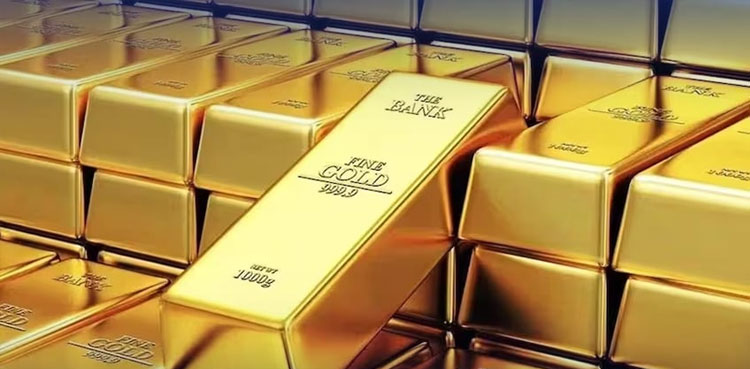
Prices have spiked by an average of 44% since the escalation of the conflict with Russia
Consumer price inflation in Ukraine has soared, with the costs of some products nearly doubling since the escalation of the conflict with Russia, local media reported on Monday, citing official statistics. The consumer price index has risen by 144.2% since February 2022, meaning prices overall have jumped by 44.2%, according to the reports.
Electricity prices have spiked the most – by around 177%. Analysts attribute this to strikes on Ukraine’s energy infrastructure by Russian forces, in response to Kiev’s attacks on Russian energy facilities, including oil refineries, gas pipelines, and nuclear power plants. According to Kiev, the country has lost 80% of its non-nuclear energy capacity as a result of the strikes. Experts note that the rise in energy prices has translated to increases in most other categories of goods, as many businesses have been forced to use power generators amid blackouts.
“The cost of one kilowatt from a generator is dozens of times higher than what even an ordinary consumer pays. It is clear that business is embedding all these costs in prices,” Dmitry Boyarchuk, the executive director of the Kiev-based CASE analytical center, told Radio Liberty.
Food products have also seen massive increases, soaring by around 51%, with fruit up by a staggering 109.8%. Experts say food costs have risen largely due to crop failure, though Russian strikes have also contributed, as they have led to a reduction of the areas where farming is possible.
“We harvested 30% less potatoes. Accordingly, potato prices went up. 70% of the cost of an egg is compound feed, corn. We harvested 10 million tons of grain less [than last year]. We must understand that this could not but affect the costs,” economist Oleg Pendzin told Radio Liberty.
Other products that have seen massive spikes are tobacco (up by 60%), medicine and medical supplies (45%), and alcohol (33%). Prices for household appliances have grown by over 30%, while prices for transportation have surged by 57%, communications by 21%, and education by 38%.
Economists estimate that the price spikes will continue at least until the end of this winter, but note that it is impossible to make accurate forecasts given the ongoing conflict, as prices will depend on the situation on the front line and foreign aid.
Moscow has said it is open to negotiations and would welcome a diplomatic settlement of the conflict if Kiev ceases its military operations, withdraws its troops from Russian territory, including Kursk Region, and acknowledges that it will never regain control of the former Ukrainian regions of Donetsk, Lugansk, Kherson, and Zaporozhye, as well as Crimea. Ukrainian leader Vladimir Zelensky has rejected these terms, insisting on his own ten-point ‘peace formula’, which includes a complete withdrawal of Russian forces from the former Ukrainian territories and the restoration of the country’s 1991 borders.
You can share this story on social media:












